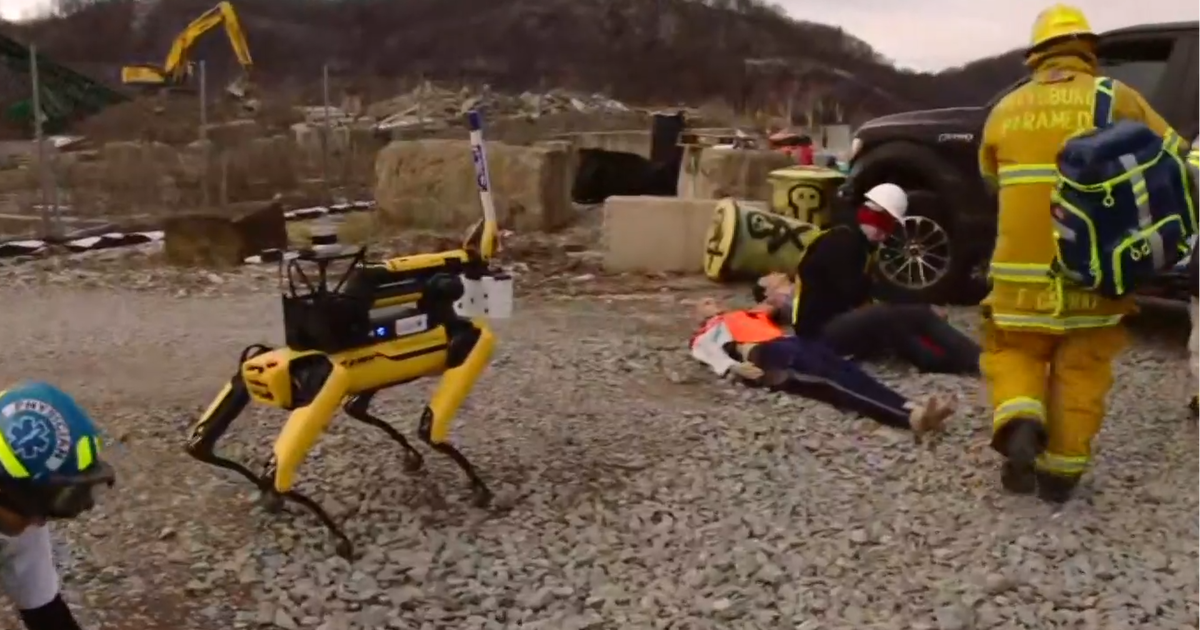New Monell Center research teaches AI how to smell
PHILADELPHIA (CBS) -- The science of smells has gone digital with a new research project from Philadelphia's Monell Chemical Senses Center.
This research is using artificial intelligence to train computers to recognize certain smells, which could help various industries that depend on scents, as well as doctors with finding diseases.
It's a world of scents at the Monell Center in West Philadelphia, where there are thousands of bottles containing everything from coconut to garlic to vanilla, and some you might not think of.
At the center, scientists have taken the human sense of smell into the digital world.
"We're taking molecules and mapping out what they smell like," said Joel D. Mainland, PhD., with the Monell Chemical Senses Center.
Mainland and his Monell team published a study in The Journal Science, showing artificial intelligence can be as good as -- or better -- than humans at identifying scents. That can happen when smells are correlated with certain numbers.
"We can now have a string of numbers that represent a specific smell and then we can teach the computer to match up a molecular structure with that digitized version of what it smells like," Mainland said.
Using artificial intelligence, a digital map is created, so, instead of someone smelling rosemary, the herb is given a number that AI can recognize.
"We trained the model on 5,000 scents," Mainland explained.
The technology being developed at the Monell Center could eventually be used to make electronic noses to detect things, like cancer.
"Historically, doctors have used a lot of different odors to diagnose diseases. Diabetes is a famous one more recently. People have used it to detect cancer or Parkinson's," Mainland said.
For now, this research has the biggest impact for the flavor and fragrance industry, which might now be able to replace human scent detectors with an electronic nose.
For this project, Monell also worked with technology from Google Research.







